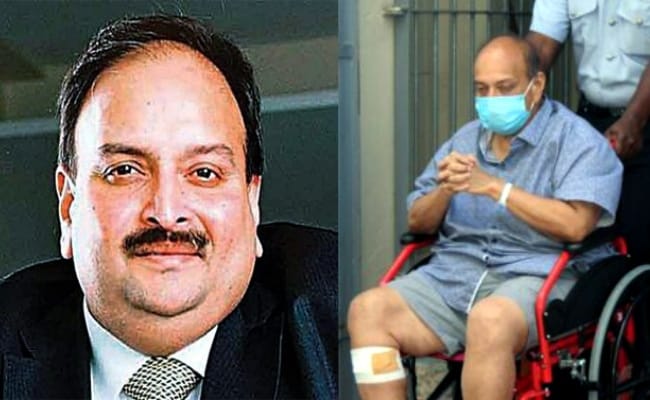
Tahira Kashyap, celebrated author, filmmaker, and fierce advocate for self-love and resilience, has once again shown what true strength looks like. On World Health Day, in a deeply personal and courageous post, she revealed that her breast cancer has returned—seven years after she first battled it in 2018.
In a message that was equal parts raw and uplifting, Tahira took to Instagram to share her reality with grace and wit. “Seven-year itch or the power of regular screening—it’s a perspective,” she wrote. “I’d like to go with the latter and suggest the same for everyone who needs to get regular mammograms. Round 2 for me… I still got this.”
Known for her spirited optimism, she added a light-hearted yet powerful metaphor: “When life gives you lemons, make lemonade. When life becomes too generous and throws them again at you, you squeeze them calmly into your favourite kala khatta drink and sip it with all the good intentions… you know you will give it your best once again.”

Her post resonated far beyond the screen. Flooded with love and encouragement, the comments section became a space of solidarity and admiration. Actor Mini Mathur wrote, “You will win round 2 as well, Tahira. Stay on course. Keep going.” Filmmaker Guneet Monga chimed in, “I love you! This too shall pass and you will come out of this victorious.” But perhaps the most moving comment came from her husband, actor Ayushmann Khurrana, who simply wrote: “My hero.”
Beyond her own battle, Tahira used her moment to shine a spotlight on something greater—the importance of regular health checkups and early detection. Her words were a gentle but urgent reminder to women everywhere: take your health seriously, get those mammograms.
To better understand the medical side of cancer relapse, we spoke with Dr. Tripti Raheja, Lead Consultant – Obstetrics & Gynaecology at CK Birla Hospital, Delhi. According to Dr. Raheja, cancer recurrence can happen even after a person has completed treatment and been declared cancer-free. “Tiny traces of cancer cells can sometimes remain undetected in the body,” she said. “Over time, they can begin to grow again, leading to a recurrence.”
She explained that the type and stage of the original cancer greatly influence the likelihood of it returning. “Some forms, like triple-negative breast cancer, tend to be more aggressive and carry a higher risk of coming back, especially within a few years of treatment,” she added.
There are other factors, too. Genetics can play a major role—especially if someone carries mutations like BRCA1 or BRCA2. Lifestyle habits such as smoking, drinking, obesity, and chronic stress or inflammation can also increase the risk, particularly for hormone-sensitive cancers.
Dr. Raheja noted that the body’s natural defenses can weaken with age or a compromised immune system, making it harder to keep abnormal cell growth in check. “That’s why regular monitoring and screenings are so essential,” she emphasized.
Tahira’s journey is more than just a personal health update—it’s a testament to courage, vulnerability, and using your voice for good. By sharing her story, she’s inspiring others to face challenges head-on, and reminding everyone that strength often lies in openness, humor, and community.
As she embarks on this second fight, she does so with the same fire and faith that have defined her life and work. And the message she leaves us with is clear: no matter how many lemons life throws, we always have the power to turn them into something meaningful.






